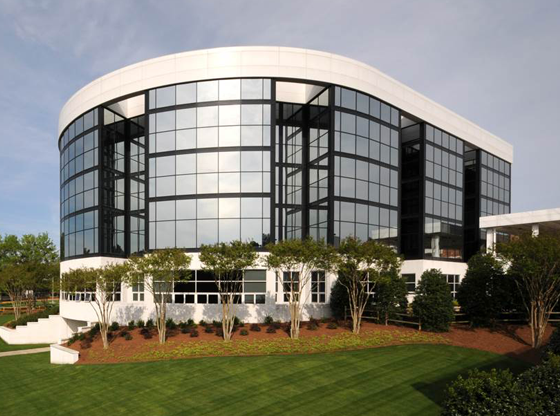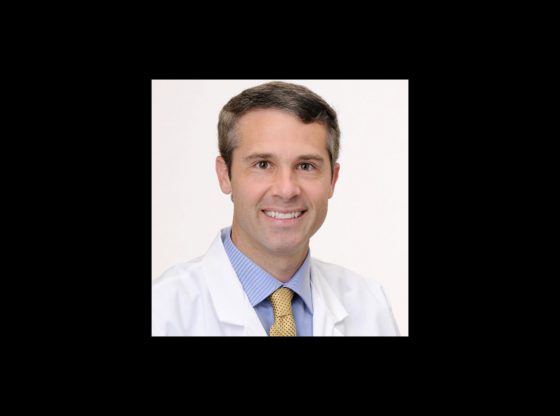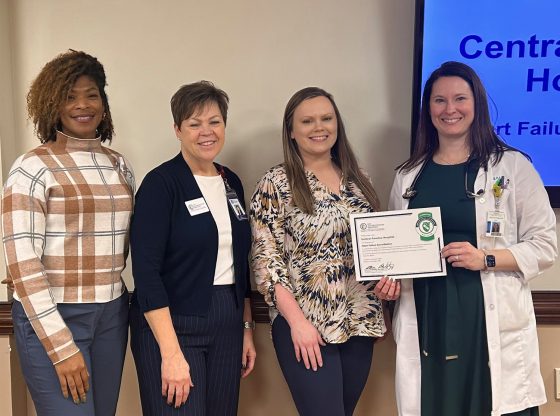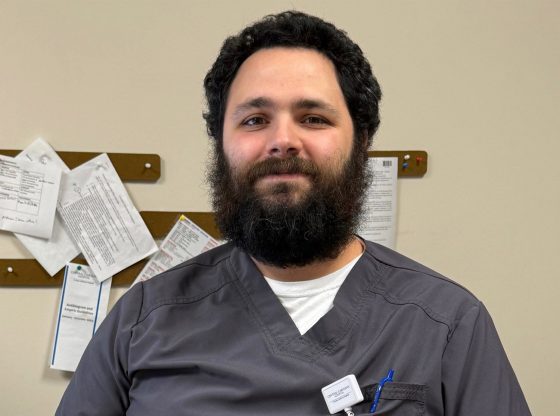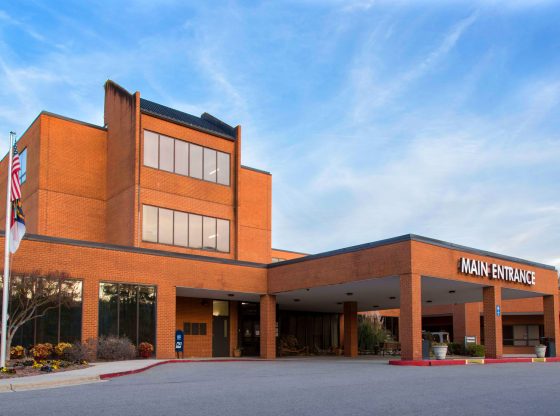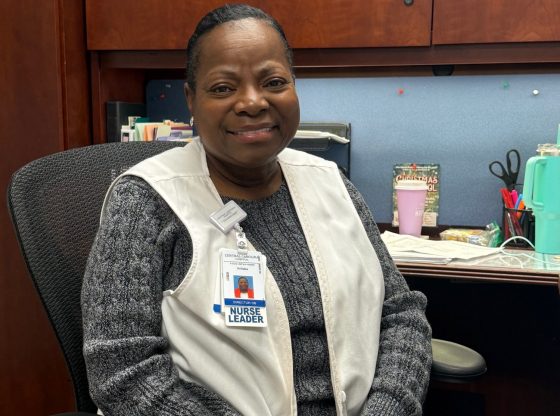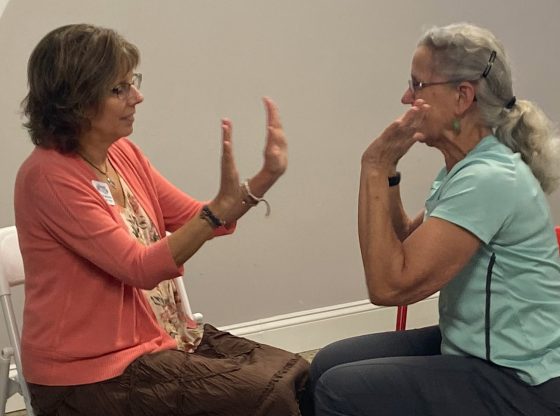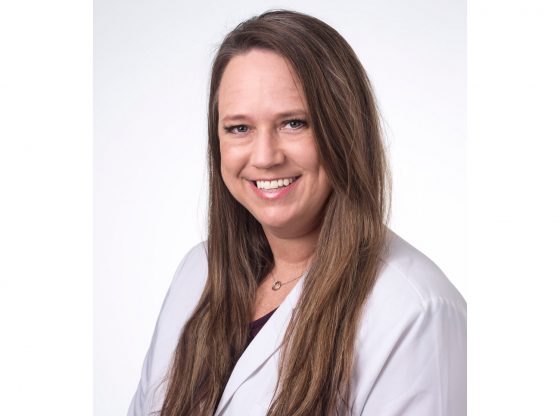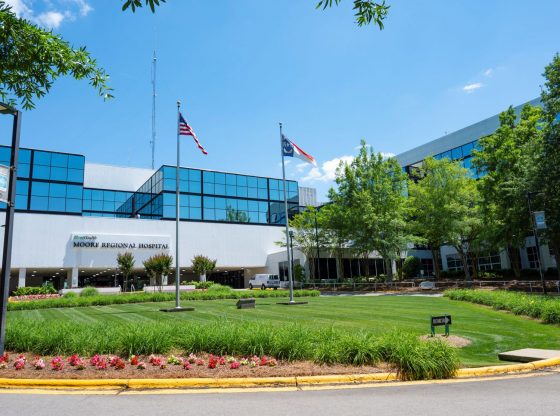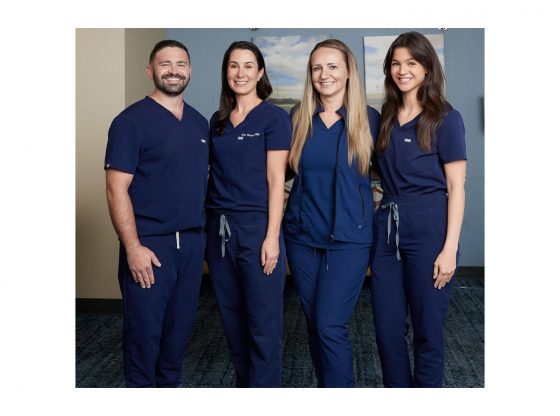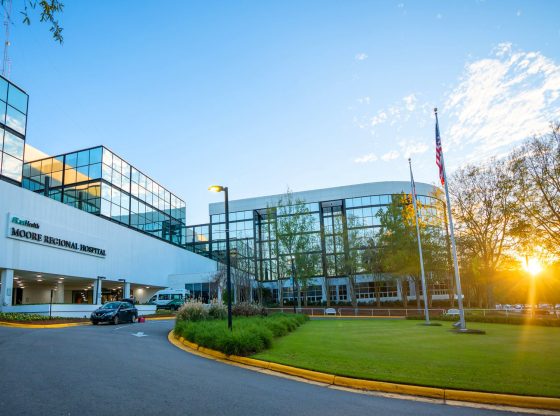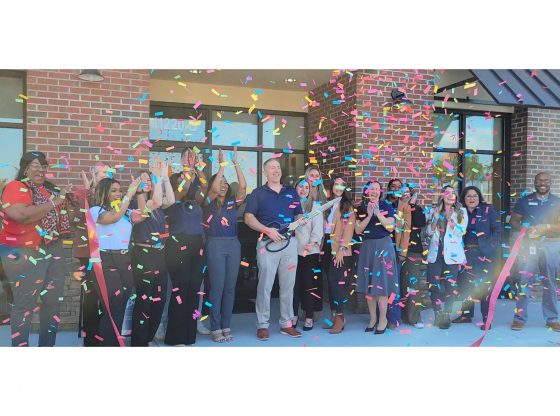FirstHealth of the Carolinas will begin performing non-time sensitive surgeries and procedures on all campuses on Monday, May 11.
FirstHealth voluntarily paused elective procedures in mid-March. The purpose was to preserve gloves, masks and other personal protective equipment and to ensure adequate staff and hospital beds to prepare for a wave of COVID-19 patients.
“Patient safety will continue to be top priority as services resume,” said John Krahnert, M.D., FirstHealth’s chief medical officer. “FirstHealth paused non-time sensitive surgeries in preparation for a potential surge in COVID-19 patients and concerns around hospital bed capacity, staff resources and personal protective equipment (PPE) availability.”
Fortunately, the surge was averted, and like many hospitals across the state, FirstHealth believes they have the equipment, staff and capacity to resume non-time sensitive surgeries and procedures. Some hospitals in the state have already started to expand services, and most are expected to resume some level of services by the end of the month.
“In North Carolina and many other states, communities have done a good job helping slow the spread of COVID-19. Those efforts have put our hospitals in a great position where we can resume non-time sensitive procedures,” Dr. Krahnert said. “We have a strong supply of personal protective equipment and bed capacity at all of our hospitals.”
Many of the procedures put in place across the FirstHealth system to help slow the spread of the virus won’t change, but a gradual ramping up of non-time sensitive services will allow FirstHealth to better care for those whose treatments or procedures have been postponed.
“It made sense that we should prepare for the projected wave of COVID-19 patients and conserve supplies,” said Raymond Washington, M.D., general & bariatric surgeon with Pinehurst Surgical Clinic and chairman of the FirstHealth Quality Committee. “Since FirstHealth hospitals did not experience the surge in patients that hospitals in New York and other large metropolitan areas did, we have the resources needed to safely resume caring for the surgical needs of our patients.”
According to Jefferson Kilpatrick, M.D., otolaryngologist, facial and plastic surgeon with Pinehurst Surgical Clinic and director of the surgical service line at FirstHealth, many patients who had to delay surgery may now experience long-term impact from further delay.
“It’s been more than a month since we paused elective surgeries,” Dr. Kilpatrick said. “Many surgeries that were non-time sensitive then have become necessary for patients, and we don’t want to delay services further.”
Dr. Krahnert said decisions on how to schedule procedures will be based on need, the length of time a procedure has been delayed and the ongoing status of the pandemic in the Sandhills.
“The decision to resume non-time sensitive surgeries was made in accordance with federal and state guidelines and in consultation with our team of infectious diseases experts and our state surgical consortium,” said Dr. Krahnert. “We are also working in conjunction with the Surgery Center of Pinehurst to coordinate protocols and processes.”
“This ramp up of services will be gradual and based on the needs of our patients, and our continued monitoring of any hospital capacity and PPE shortages,” he added.
FirstHealth has also worked with hospitals across the state and the N.C. Healthcare Association (NCHA) on a plan to resume services.
The NCHA has developed guidelines for hospitals as they begin performing non-urgent procedures again that include making sure they can test patients and staff for coronavirus and have enough PPE not only for now but for a potential increase in COVID-19 patients.
“FirstHealth’s extensive safety measures and careful focus on infection control practices is unwavering,” added Dr. Krahnert. “Our facilities are clean, safe and ready to serve.”
FirstHealth’s COVID-19 containment measures will remain in place at all facilities. Required temperature checks and universal masking will continue for all patients, staff and visitors. The system’s enhanced visitor restrictions will also remain in place.
No visitors are permitted, with the following exceptions:
Visitation of patient nearing the end of life
The number of visitors allowed in this situation will be determined on a case-by-case basis by the care team
One emergency department companion
One parent for pediatric or NICU patient
One person for labor & delivery or postpartum
One person to help with discharge
One outpatient area companion
Additionally, no visitors under the age of 12 will be allowed to visit. People who are over 65, pregnant or immunocompromised are discouraged from visiting.
Courtesy photo/Contributed


